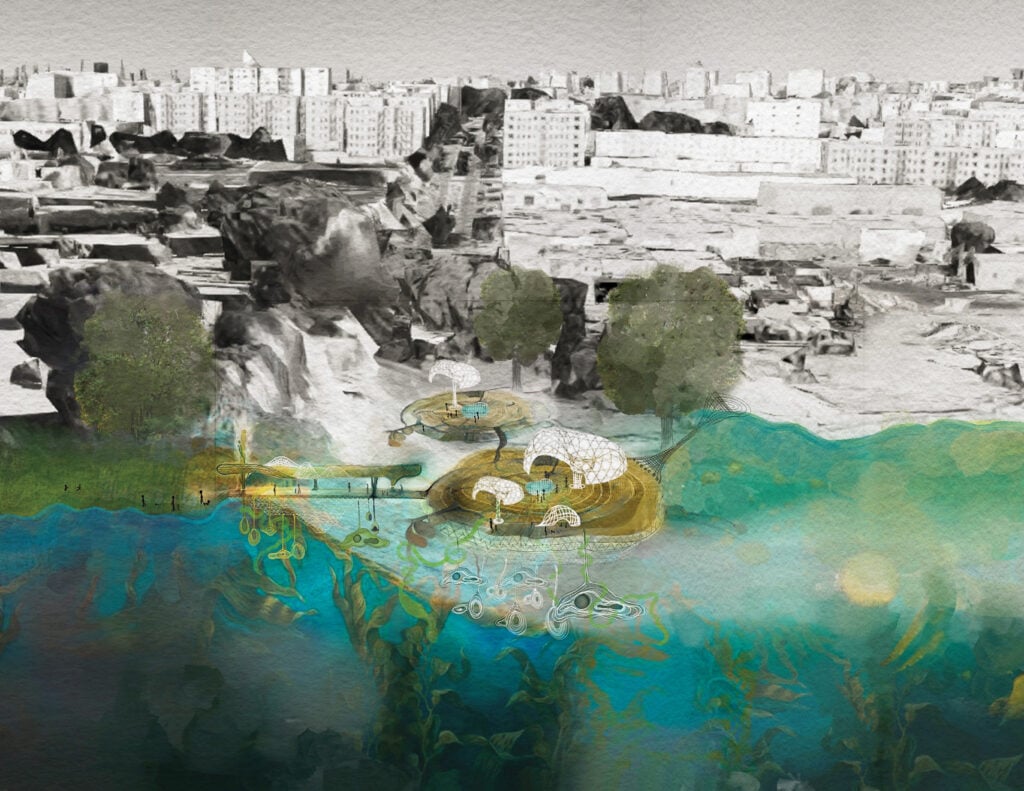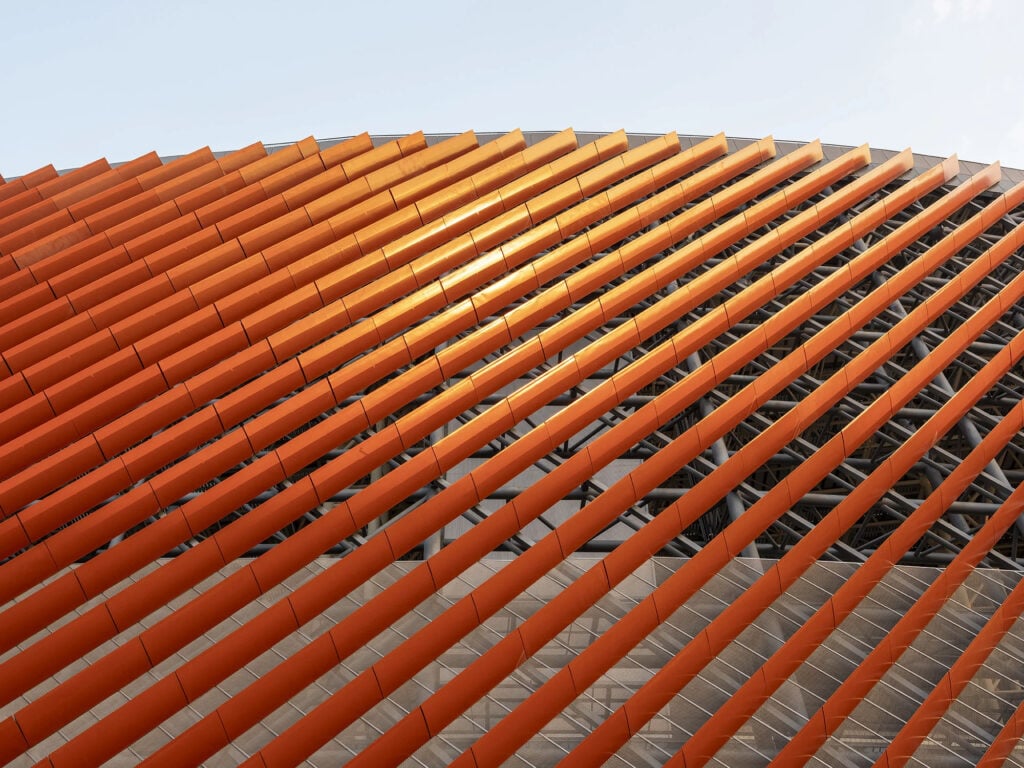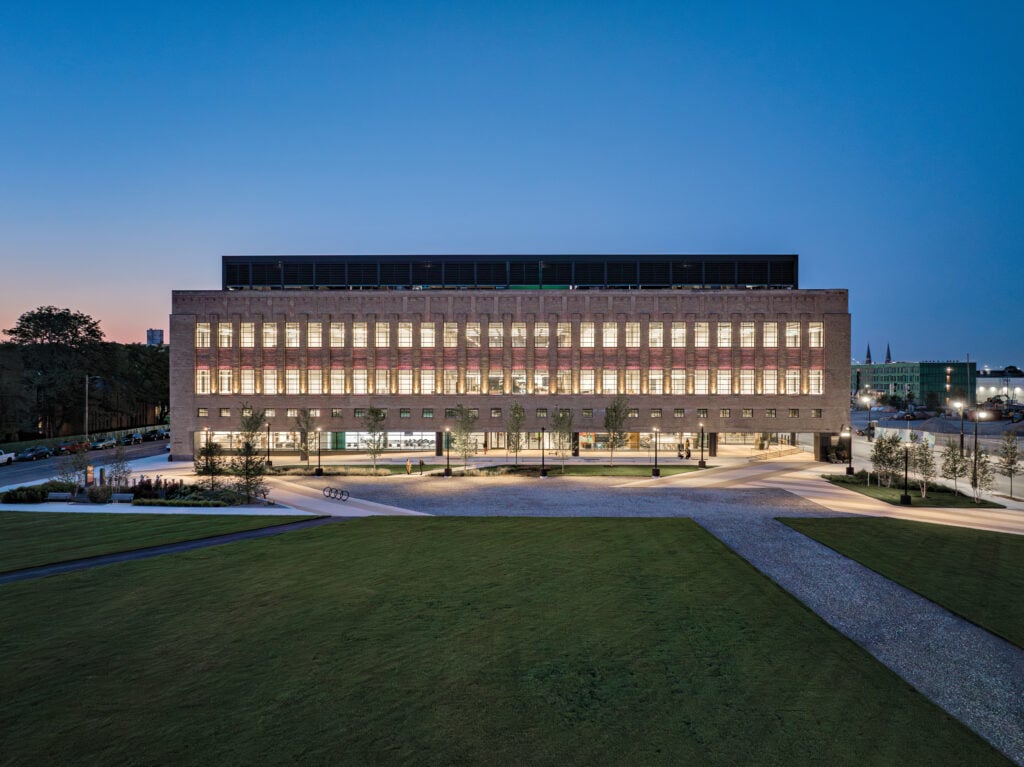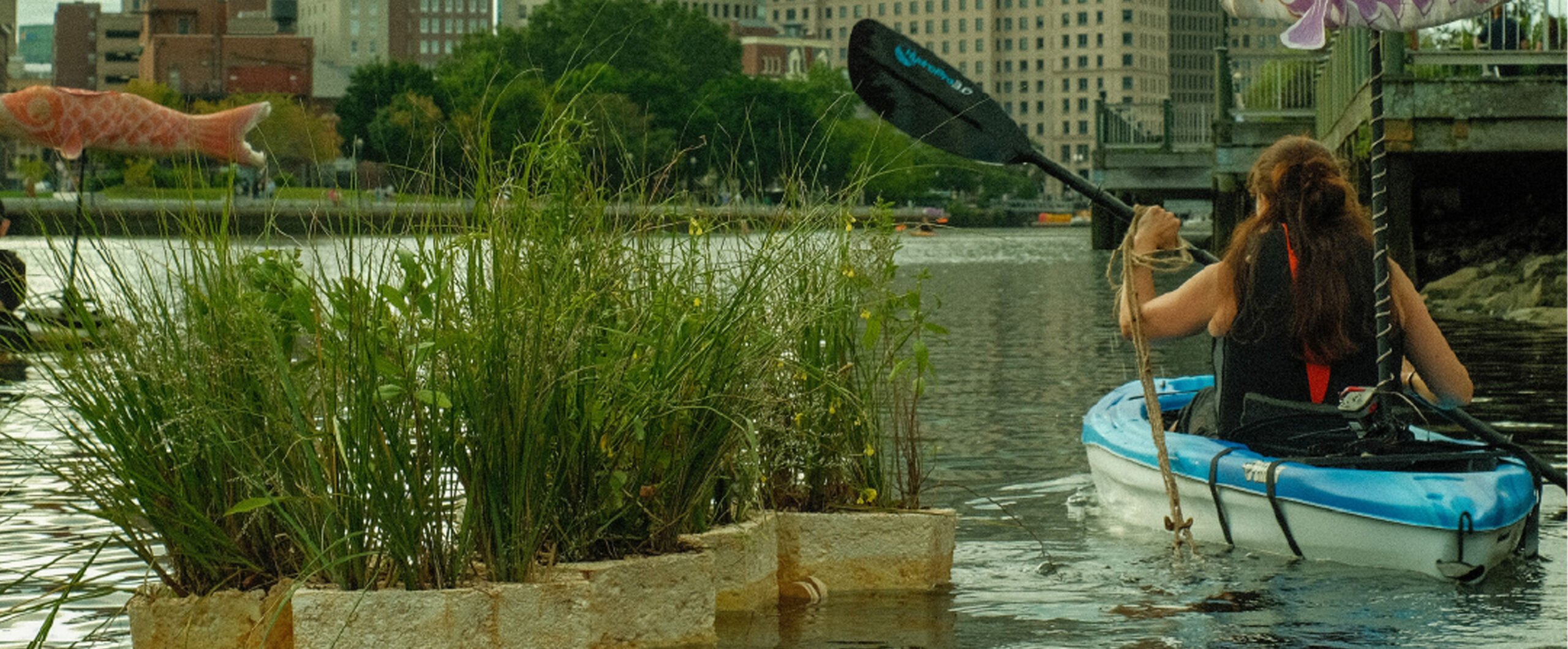
February 26, 2025
RISD Students’ Innovations Are Leading the Fight Against Climate Change
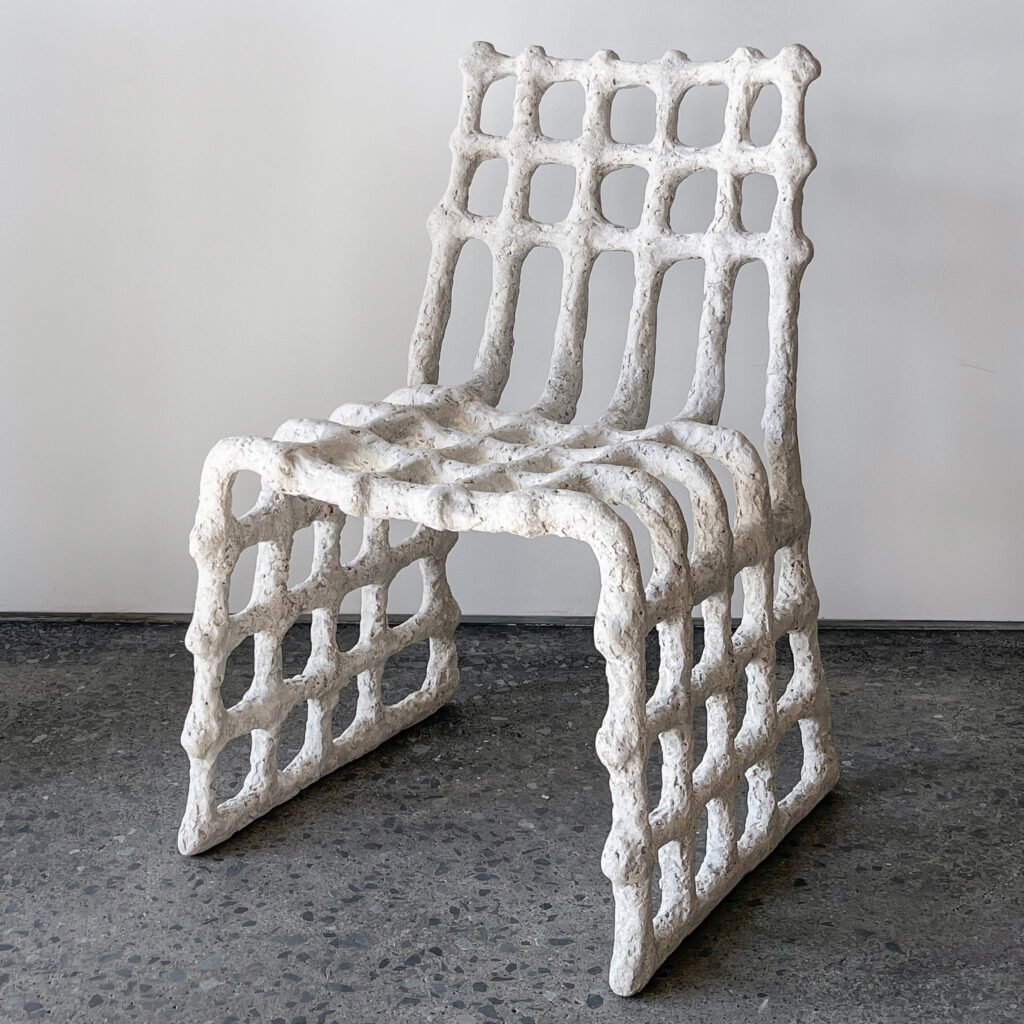
Bridging Innovation and Industry: The Role of the Terra Carta Design Lab
The competition is an initiative of the London-based Sustainable Markets Initiative (SMI), founded in 2020 by the now-King of England to embed sustainability and resilience within private sector business practices. Its guiding principles are outlined in the Terra Carta, a five-section, 10-article manifesto that calls for sustainability to be deeply integrated into business models, decisions, and investments—particularly in science, technology, and innovation. The final article emphasizes that investments in STEM will drive “catalytic breakthroughs that will alter our view of what is possible—and profitable—within the framework of a sustainable future.”
This philosophy underpins the Terra Carta Design Lab. Established in 2021 by then-Prince Charles and renowned designer Jony Ive, the competition seeks out high-impact, commercially viable innovations that address climate change and biodiversity loss. While the inaugural competition focused solely on London’s Royal College of Art, the 2023 edition expanded to include winners from three additional institutions: the Dubai Institute of Design and Innovation, the National Institute of Design in Ahmedabad, India, and the Rhode Island School of Design (RISD).
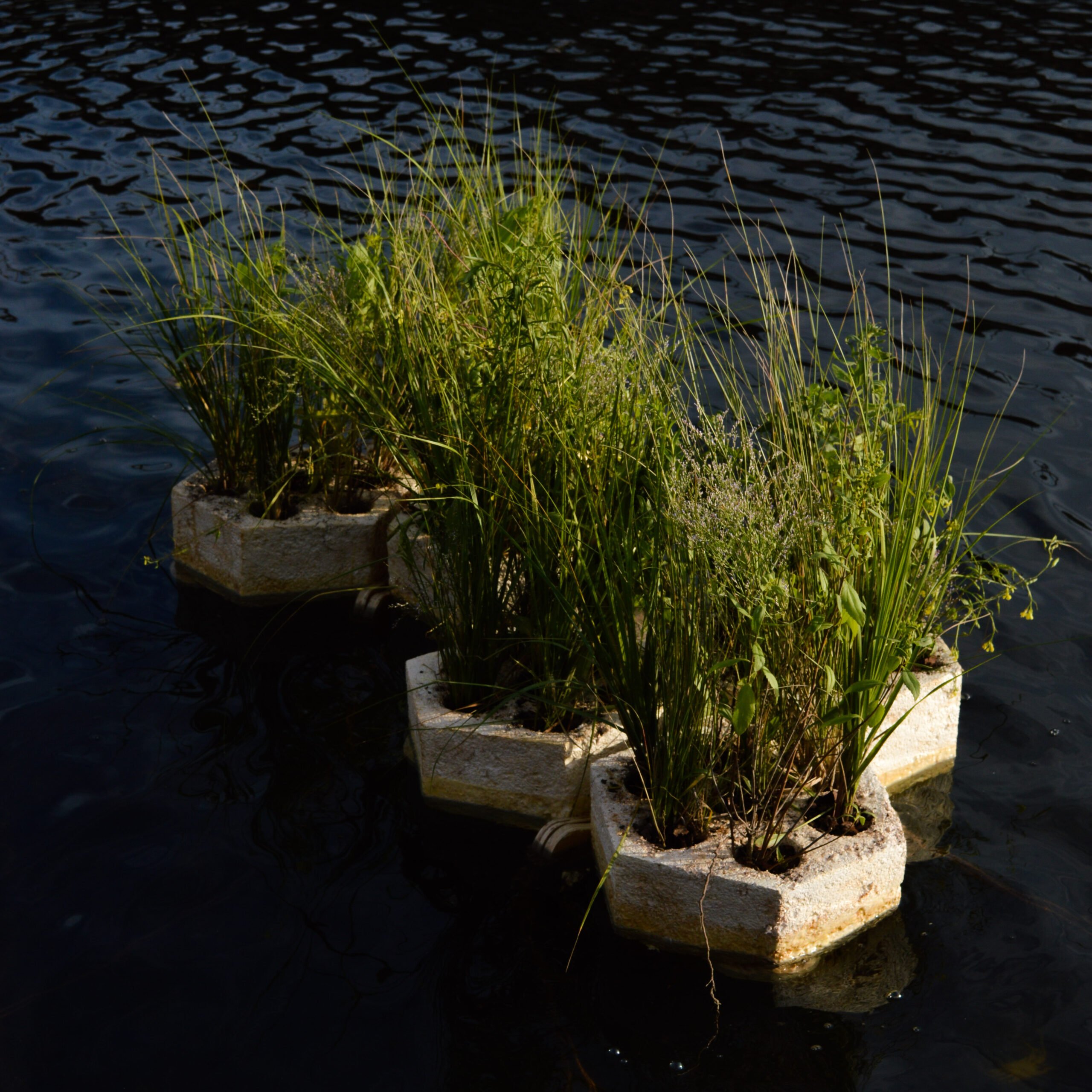
From Concept to Market: Student Innovations Making an Impact
Far from being mere theoretical exercises, the eight winning projects demonstrate a deep understanding of both ecological systems and market dynamics. Each receives £100,000 to refine and scale their innovation, with the goal of moving from concept to commercial production.
One such project, Pyri, developed by students at the Royal College of Art, is an affordable wildfire detection system designed for remote communities. Even before winning the Design Lab competition, Pyri had already gained industry recognition, securing the UK James Dyson Award and its £5,000 prize.
Another winning project, WildWatch, created by students at India’s National Institute of Design, is a solar-powered system that helps prevent vehicle-wildlife collisions by alerting drivers in areas with high wildlife activity.
Two projects from RISD highlight nature-based solutions with strong scalability potential. BIOPOD, a modular wetland system designed to improve water quality and marine biodiversity, is already set to expand through collaborations in the U.S. and India. “We’re working to scale BIOPOD from a pilot project to a global initiative,” said co-founder Avantika Velho. Meanwhile, SHELLF LIFE, founded by former RISD student Felicia Neuhof, transforms restaurant waste into sustainable building materials and furnishings. Neuhof’s work will be showcased at Milan Design Week later this year. “I’m energized by how SHELLF LIFE can transform our built environment while creating economic opportunities in coastal communities worldwide,” she said. “We’re proving that the future of manufacturing can be both local and global, circular and scalable.”
While some winning projects focus on nature-integrated design and others leverage technology to enhance public safety, all address real-world climate challenges with scalable solutions. As the Terra Carta’s opening Statement of Intent asserts, “no one action, industry, or actor is, in itself, sufficient to the climate and biodiversity crisis.” By providing promising student-led projects with funding, mentorship, and industry connections, the Terra Carta Design Lab aims to accelerate meaningful solutions for a more sustainable future.
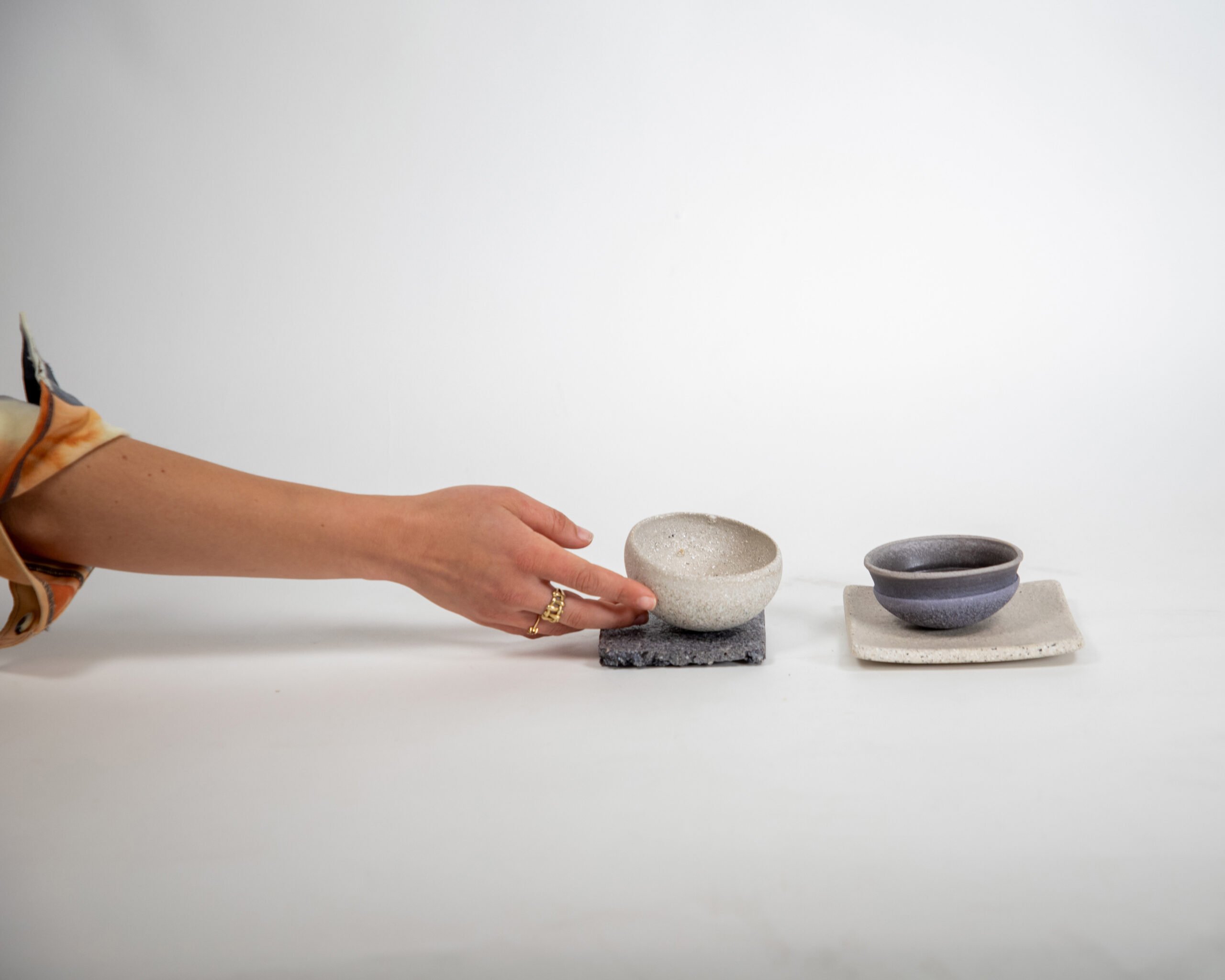
Would you like to comment on this article? Send your thoughts to: [email protected]
Latest
Profiles
Zoha Tasneem Centers Empathy and Ecology
The Parsons MFA interior design graduate has created an “amphibian interior” that responds to rising sea levels and their impacts on coastal communities.
Viewpoints
How Can We Design Buildings to Heal, Not Harm?
Jason McLennan—regenerative design pioneer and chief sustainability officer at Perkins&Will—on creating buildings that restore, replenish, and revive the natural world.
Products
Behind the Fine Art and Science of Glazing
Architects today are thinking beyond the curtain wall, using glass to deliver high energy performance and better comfort in a variety of buildings.



